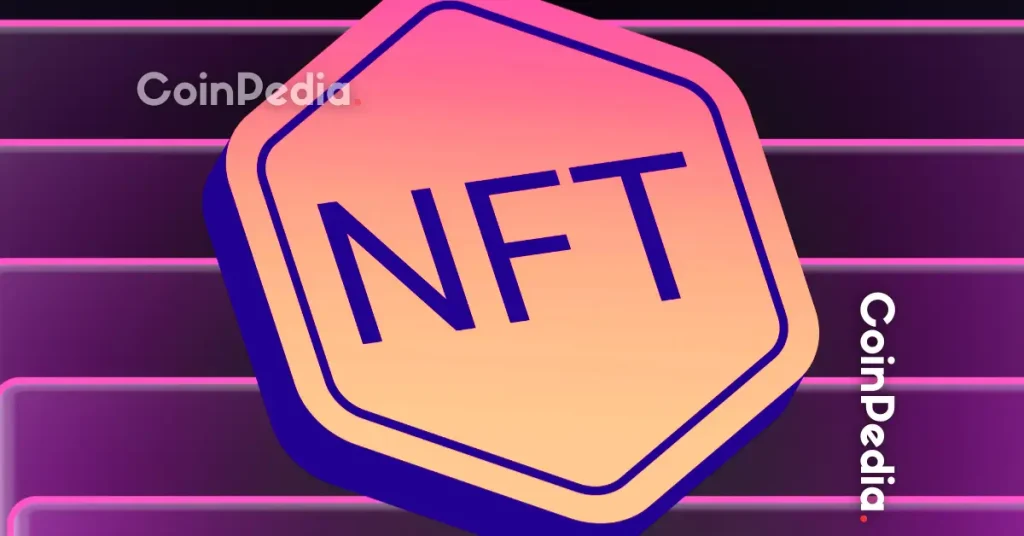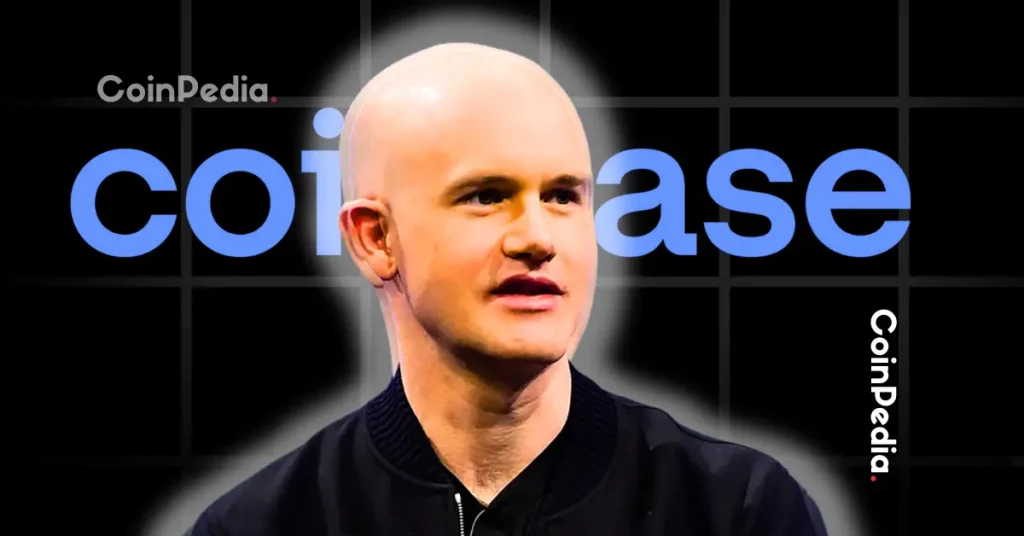U.S Federal Court Rules Bored Ape Yacht Club NFTs and ApeCoin Are Not Securities



The post U.S Federal Court Rules Bored Ape Yacht Club NFTs and ApeCoin Are Not Securities appeared first on Coinpedia Fintech News
The U.S. federal court has ruled that Bored Ape Yacht Club (BAYC) NFTs and ApeCoin do not meet the legal definition of securities. The verdict, delivered by Judge Fernando M. Olguin in California, dismissed a 2022 investor lawsuit accusing Yuga Labs, the creator of BAYC, of selling unregistered securities and misleading investors.
The decision marks a major win for Yuga Labs and provides long-awaited legal clarity for the NFT industry .
A Big Win for Yuga Labs and NFT Holders
Judge Olguin concluded that BAYC NFTs and ApeCoin failed to satisfy the Howey Test, the legal standard used to determine whether an asset qualifies as a security. Plaintiffs had argued that buying BAYC NFTs was similar to investing in Yuga Labs itself, suggesting that profits depended on the company’s success.
The judge rejected that argument, ruling that there was no “common enterprise” or direct profit expectation tied to Yuga’s efforts.
Olguin emphasized that simply offering future benefits such as exclusive membership perks or community access doesn’t automatically turn NFTs into investments. He wrote :
“Statements about NFT prices and trade volumes are not enough to establish an expectation of profit.”
NFTs Seen as Collectibles, Not Investments
The ruling highlights an important distinction for digital assets. NFTs marketed as consumable or cultural collectibles rather than speculative financial products are unlikely to fall under U.S. securities law.
Yuga Labs has consistently framed Bored Ape Yacht Club NFTs as a membership-based digital collectible project, focusing on social identity, creative ownership, and community culture over financial returns.
Legal experts also noted the significance of the payment model. Instead of an investment structure, BAYC holders paid a one-time minting fee, further distancing the NFTs from traditional securities that involve ongoing capital contributions or profit-sharing arrangements.
- Also Read :
- Ripple Challenges Linqto Bankruptcy Plan Over 4.7M Shares in Court
- ,
A Turning Point for the NFT Industry
The Bored Ape Yacht Club court ruling could have far-reaching implications for the NFT market. It strengthens the case that most digital collectibles, from art to gaming assets, don’t need to register as securities if marketed responsibly.
This not only limits potential class-action lawsuits but also narrows the scope of SEC enforcement in the NFT space.
For Yuga Labs, the verdict reinforces its reputation as a leading name in the NFT sector. For the broader market, it sets a precedent that projects emphasizing utility, cultural value, or community access rather than profit are on safer legal ground.
In short, the decision helps define where NFTs end and securities begin, giving the industry much-needed breathing room.
Crypto Community Reaction
The crypto community has been quick to react. User Rain called the BAYC court ruling a “serious milestone” for the NFT industry, adding:
“By rejecting the idea that NFTs are securities, the court has clearly separated digital collectibles from financial instruments.”
Rain also emphasized that this decision will significantly influence how future NFT projects are structured and challenged within the U.S. legal framework.
Never Miss a Beat in the Crypto World!
Stay ahead with breaking news, expert analysis, and real-time updates on the latest trends in Bitcoin, altcoins, DeFi, NFTs, and more.
FAQs
The 2022 lawsuit accused Yuga Labs of selling unregistered securities. A federal court recently dismissed it, ruling BAYC NFTs and ApeCoin are not securities.
The Howey Test determines if an asset is a security. For NFTs, it requires an investment of money in a common enterprise with an expectation of profits from others’ efforts.
This landmark ruling sets a precedent, suggesting NFTs focused on community and utility are on safer legal ground, limiting future securities-based lawsuits.

Trump-Backed WLFI Sells Tokens to Hut8 Ahead of Major Crypto Expansion
The post Trump-Backed WLFI Sells Tokens to Hut8 Ahead of Major Crypto Expansion appeared first on Co...

Coinbase Files for OCC Trust Charter, Says It Won’t Become a Bank
The post Coinbase Files for OCC Trust Charter, Says It Won’t Become a Bank appeared first on Coinped...

Tuttle Capital Delays 2X Long Crypto ETFs Listing to October 10, 2025
The post Tuttle Capital Delays 2X Long Crypto ETFs Listing to October 10, 2025 appeared first on Coi...

